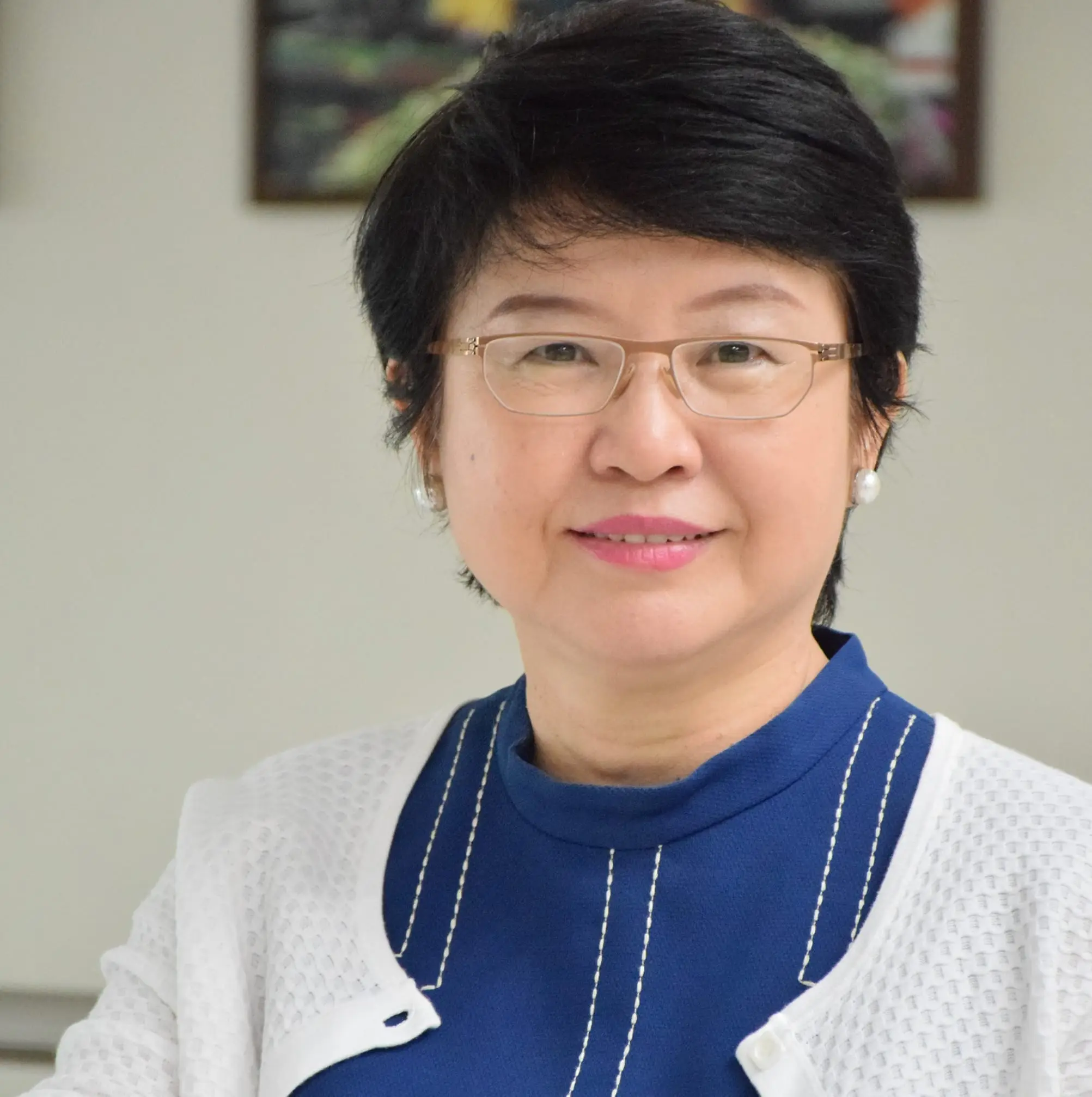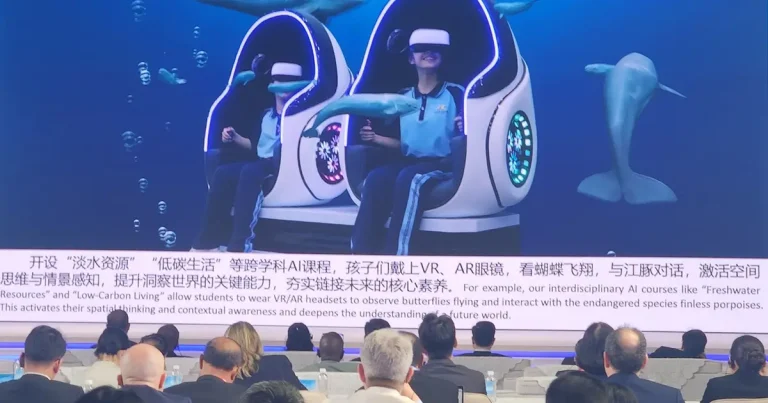Compiled by Professor Dr. Tippawan Lorsuwannarat, Ph.D.
Acting President of NIDA
Source : Facebook tippawan lorsuwannarat
EP.1: Visiting Shanghai
The journey began in Shanghai, where NIDA executives explored recent advancements in AI and sought potential academic partnerships. China’s progress in this field continues to grow steadily and impressively.
On the first day, we had the opportunity to visit Prof. QIAN Xuhong, Ph.D., President of East China Normal University (ECNU), once again. The visit aimed to strengthen ties and observe the university’s AI center. The center applies artificial intelligence across diverse fields—including logistics, data science, statistics, management, and linguistics—and is also actively developing new interdisciplinary curricula that reflect the needs of the AI era and the priorities of the Shanghai region. The visit was both insightful and inspiring.
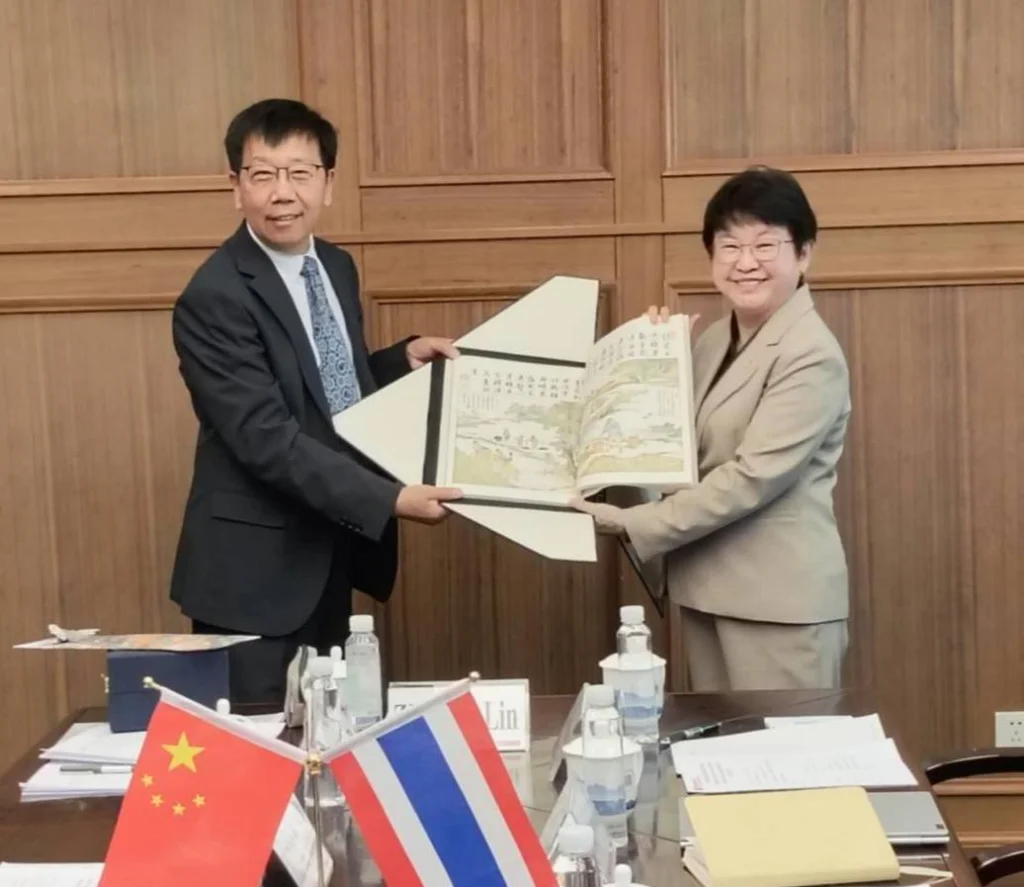
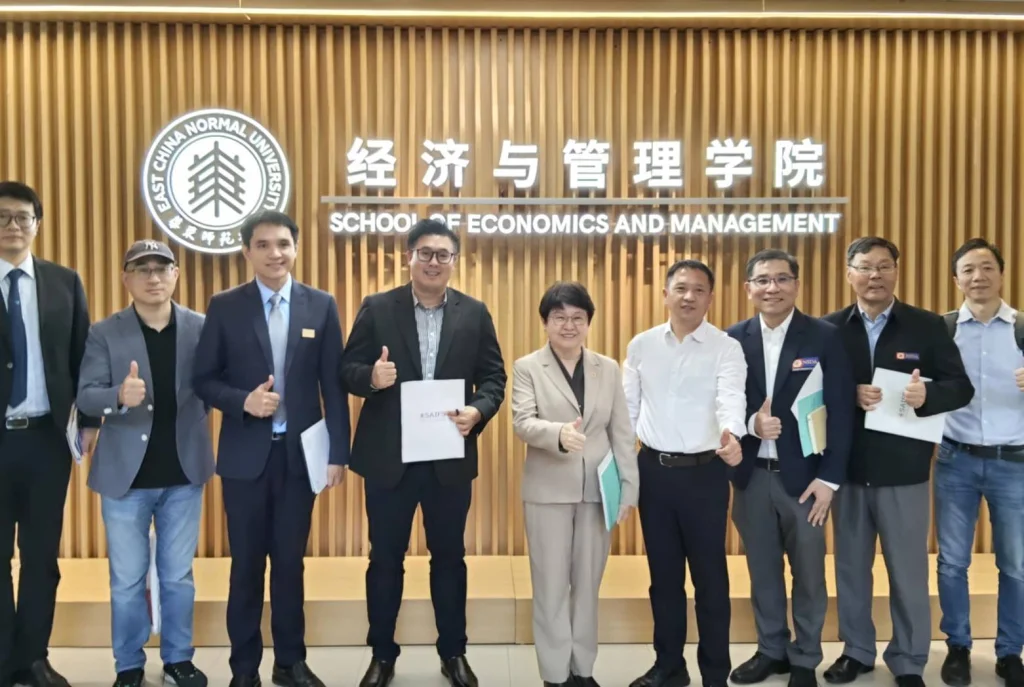
On the second day, we visited the Smart Government Center in Songjiang District and received a warm welcome. Songjiang, one of Shanghai’s 16 districts, is a newly developed area that serves as a model for public-private collaboration in AI-driven innovation. Its applications span industries such as automotive design, aerospace, urban planning, biosciences, and even advanced projects like monkey cloning—initiatives driven by international scientific cooperation. Songjiang is also a key participant in an innovation alliance involving nine cities in the Yangtze River Delta, aligning with China’s broader policy goals. This region stands out as the most advanced innovation hub I have encountered.



EP 2: From Shanghai to Beijing
We traveled from Shanghai to Beijing by high-speed train, covering 1,318 kilometers in just over four hours. With top speeds of 380 km/h and 180 trips per day, the service is fast, reliable, and a clear example of a successful public infrastructure investment—consistently filled with passengers.

In Beijing, we returned to Beijing Normal University (BNU) to follow up on a previously signed Memorandum of Understanding. Ranked 271st globally (QS 2025), BNU is one of China’s top universities. Although the current university leadership was attending the World Digital Education Conference in Wuhan, we met with Prof. Chen Guangjin, a former Vice President of BNU and a specialist in quantum technology. He shared insights into how quantum research could transform the future of AI. BNU is a large and highly regarded university, with more graduate students than undergraduates and nearly 10,000 international students.
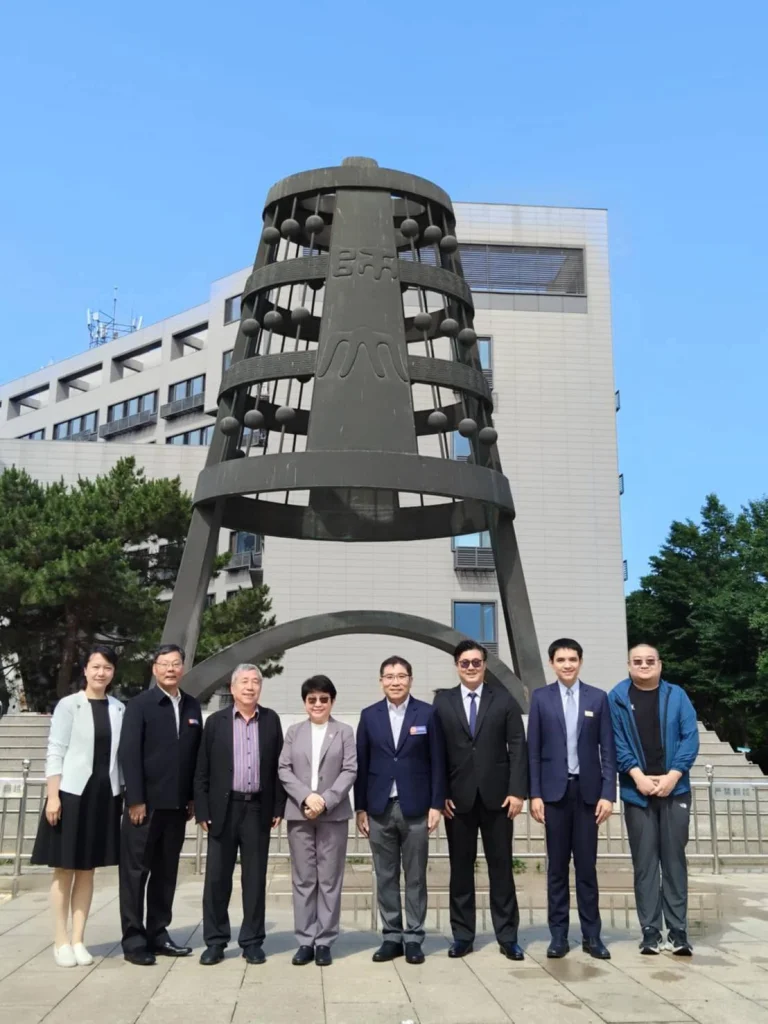
We visited the School of Education Technology to learn about the development of smart classrooms. These advanced learning spaces can automatically record lectures and upload them for later viewing. They can also connect with other classrooms, enabling real-time observation and evaluation.
The smart classrooms are equipped with innovative tools such as learner-tracking cameras and interactive blackboards that resemble traditional greenboards but are fully digital. Users can write on them with chalk or even fingers, and the data syncs instantly with electronic displays. Some boards support simultaneous input from several users—ideal for collaborative learning.
One particularly impressive feature is the ability to simulate real-world scenarios visually—such as demonstrating the ignition of a match—directly on the classroom screen. AI is also used to monitor teacher and student behaviors, providing real-time feedback to enhance educational quality. Additional tools include AI tutors and platforms for collaborative problem-solving.

Supported by 23 academic units, the School of Education Technology has developed thousands of smart classroom applications, many of which are purchased by China’s Ministry of Education. Through our discussions with various departments at BNU and representatives from UNESCO in Beijing, we identified several promising opportunities for future collaboration.
EP 3: Meeting the Deputy Mayor of Beijing
A special highlight of our time in Beijing was the opportunity to meet Prof. MA Jun, Ph.D., Deputy Mayor of Beijing. We have known Prof. MA for many years—dating back to his previous roles as President of Beijing Normal University and Vice President of Sun Yat-sen University in Guangzhou. In 2014, he invited us to present our work at a conference in Macau and to give a lecture at Sun Yat-sen University, reflecting our shared research interests in participatory budgeting.
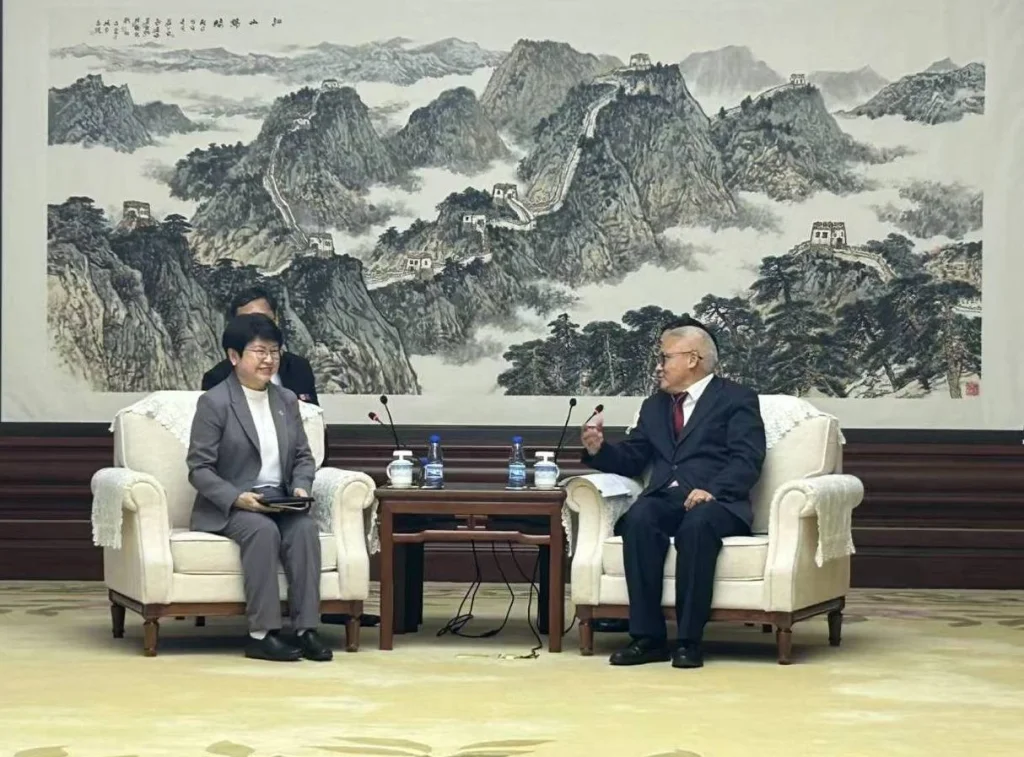
Appointed Deputy Mayor in 2024, Prof. MA now oversees the education sector in Beijing. During our meeting, he kindly introduced us to the presidents of two universities and members of the Beijing Education Commission. Together, we engaged in meaningful conversations about future academic collaborations and exchanged ideas on possible joint initiatives.



